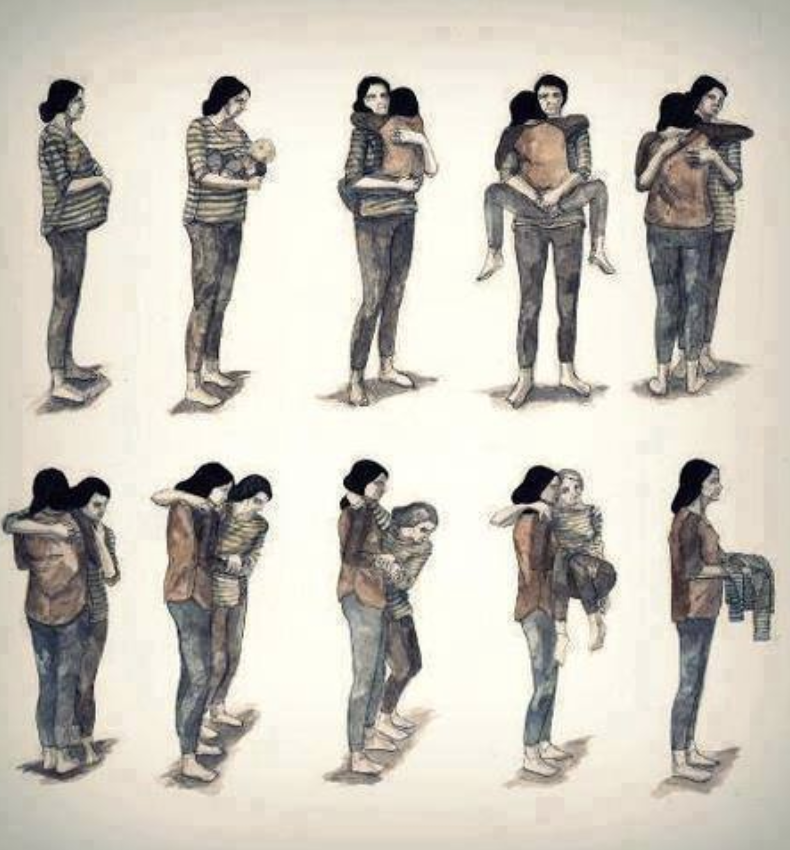The loss of a mother or father can also affect a person differently because of what they did on a day to day basis. This is often referred to as a secondary loss. The death of someone we care about often leads to many subsequent losses that occur as a direct result of that first loss (Webster, 2003). If they were more of a money provider for the household, if they were the one to keep the finances or house in order, you may begin to notice a shift in how situations get handled from then on. Help may be required by the other spouse as well as the children while trying to maintain what the deceased person has left. There may be feelings of loss for the upcoming life you had, especially for major milestones such as your wedding or future kids of yours not being able to meet their grandparent. You may feel secondary losses in the form of a loss of “self”, faith, security, family structure, past or future you anticipated, and the loss of the ability to function in everyday life (Melanie, 2019).

Death of A Parent [Image]. Retrieved from https://www.calebwilde.com/category/death/death-of-a-parent/
For older people, losing a parent can affect more than just themselves, it can begin to affect their work as well. Unfortunately, most employers expect workers to return to their jobs well before they feel ready to resume their “normal” activities says Very Well Mind Journal (Raymond, 2020). In Ontario, a person is able to miss up to 2 days per year after that person has worked for the employer for 2 consecutive weeks. Oftentimes, if you are old enough to work you would be old enough to be participating more in the death experience meaning the funeral and its planning. These 2 bereavement days are not always enough time to complete what the deceased person has asked for, or enough time to be able to return to work in a good mental state. It is not that secondary losses are any less important, intense or difficult; it is just that they emerge out of, or are a consequence of, the primary loss (Webster, 2003).